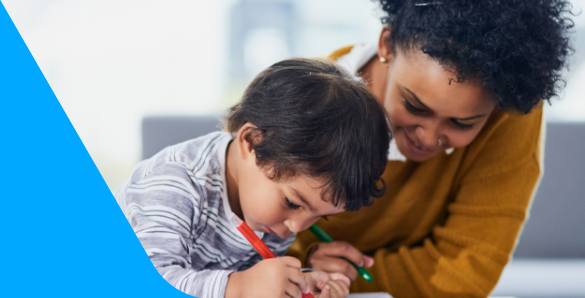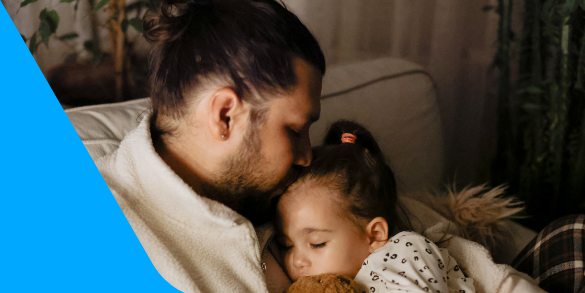Cognitive Development
Roll a ball back and forth. Not only is this fun for her, but it helps improve depth perception, visual tracking ability and hand-eye coordination—and it teaches her about taking turns.
Encourage dumping and sorting. Provide several baskets, boxes, or buckets full of similar objects—for instance, one with Lego, one with stuffed animals and a third with books. Your toddler will enjoy emptying the items, sorting them and returning them to their original containers.
Motor Development
Have a race. Once your toddler is fairly steady on her feet, she’ll have fun competing with you—and stepping up her speed will help improve her coordination.
Practice fine motor skills. Show your toddler how to fold paper, stack blocks, and make shapes like balls or pancakes out of clay. And when you read books together, have her turn the pages.
Sing songs with hand and body motion. . There are plenty of classics to choose from: “The Itsy Bitsy Spider,” “I’m a Little Teapot” and “This Little Piggy,” to name just a few.
Communication Development
Talk, talk, talk! Researchers have consistently found a strong correlation between the sheer number of words a child hears from parents and other caregivers by age 3 and both IQ and performance in school.
Repeat and expand. When your toddler uses a new word or says a short sentence, repeat it and expand on it: “Yes, look at the cat. He has a bell on his collar.”
Social Development
Don’t force sharing. Your toddler can’t yet grasp the concept of sharing, so if she gets into a conflict with a playmate over a toy, it’s better to draw her attention to another toy or activity rather than insist that she share.
Turn off the tablet. Leave your smartphone or tablet in another room or, better, turn it off when you’re playing with your toddler. Most calls or messages can wait.






